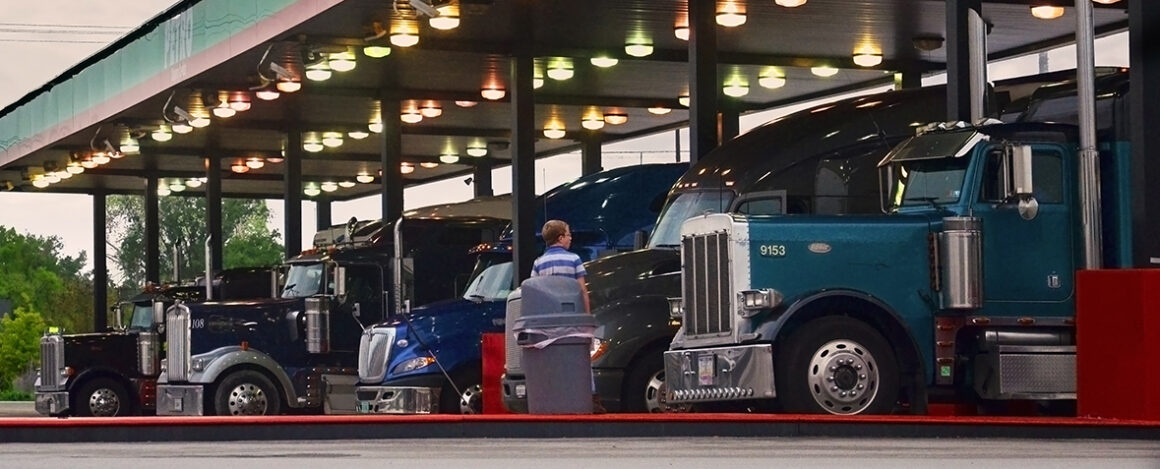

By Tim Nailsea
HGV drivers employed by Wincanton on the North-West England Argos contract, organised by Unite, have won a 32% pay increase from £11.41 an hour to £15.00 an hour. As a result, the drivers’ annual earnings are set to increase from £26,699 to £35,100.
This victory shows the power of organised workers in the transport industry and should be used as a model for the rollout of a nationwide campaign of industrial action by all transport workers. There is a growing crisis in the haulage industry, with labour shortages leading to fears of a breakdown in the supply chain, while poor pay and conditions are leading to big votes in favour of strike action.
The pandemic revealed some serious problems in British transport. The industry has long relied on a flow of labour, both in and out of the industry and between different companies and workplaces. Bosses rely heavily on agency and migrant workers to maintain this, along with the recruitment and training of new drivers.
Covid-19 slowed this flow of labour, without stopping the attrition of drivers leaving the workforce, meaning that the pool of drivers shrank and HGV training all but froze for the last two years. Brexit made the recruitment of drivers from overseas nigh impossible.
Workers’ Power
The pandemic also revealed something else – just how much British capitalism relies upon transport workers. While large numbers of workers were able to work from home or be furloughed during the pandemic, we were deemed ‘essential’.
Our importance to society was further highlighted by the panic that swept the country at the prospect of empty petrol stations when tankers were spotted parked idle outside refineries.
Coming out of the pandemic, many of us dared to hope that the recognition of our importance to the economy would be reflected in better pay and conditions. We were soon disabused of this notion, with most transport workers being offered insulting below-inflation pay increases, or no increase at all.
The appalling lack of sanitation and canteen facilities, rest areas and security, which drove a huge number of HGV drivers out of the sector remain unsolved. As one former driver said, “Unless you have dined on snack bars, peed into a milk carton or washed yourself with baby wipes, you don’t know what lorry driving means.”
But the shortage of drivers gives us greater power, as drivers’ labour becomes an even more precious resource. Transport workers should take this opportunity to exert massive pressure on bosses and the government by striking to demand vast improvements to our pay and conditions that better reflect our real value.
Disputes
Some parts of the workforce have already begun this process and are preparing to strike.
Unite the Fight!
But the disputes remain disconnected. Despite the same issues affecting the entire industry, there has been no attempt to unite the various disputes into a national campaign of strike action and extend them throughout the sector.
Furthermore, the demand for better pay and conditions needs to be raised not just by HGV drivers, but by warehouse workers, clerical staff and many others working on the supply chain, including those organised by unions such as USDAW and GMB. Sharon Graham was elected on a promise of increased industrial militancy. We should therefore demand that she take the lead in building an industry-wide campaign of strike action to secure a deal like the one achieved at North-West Argos.
Cover photo: Richard Hurd